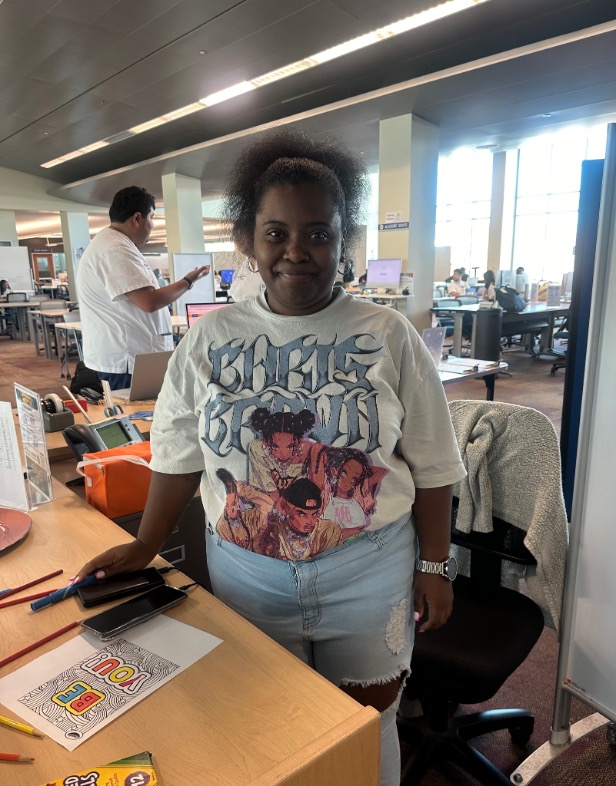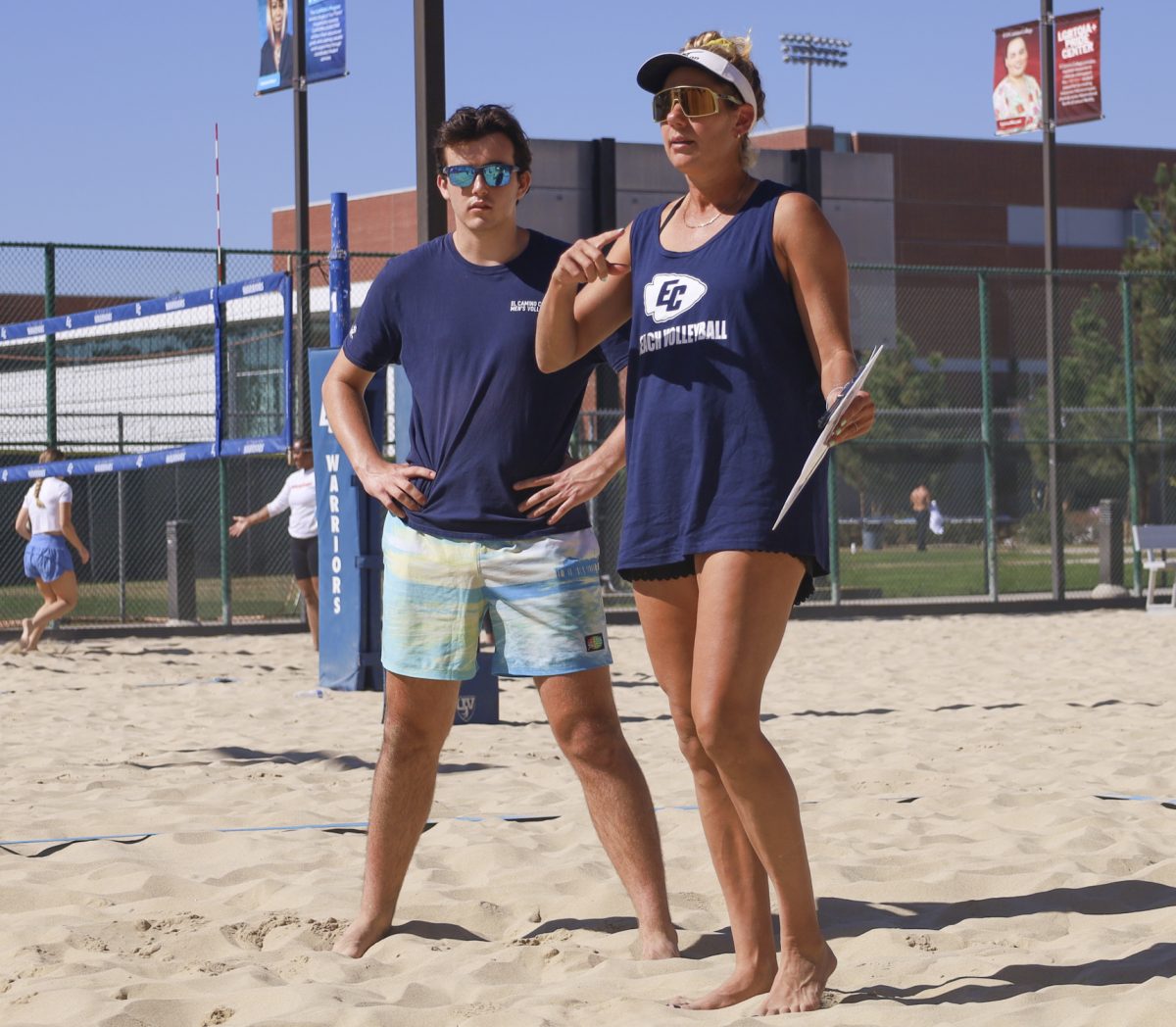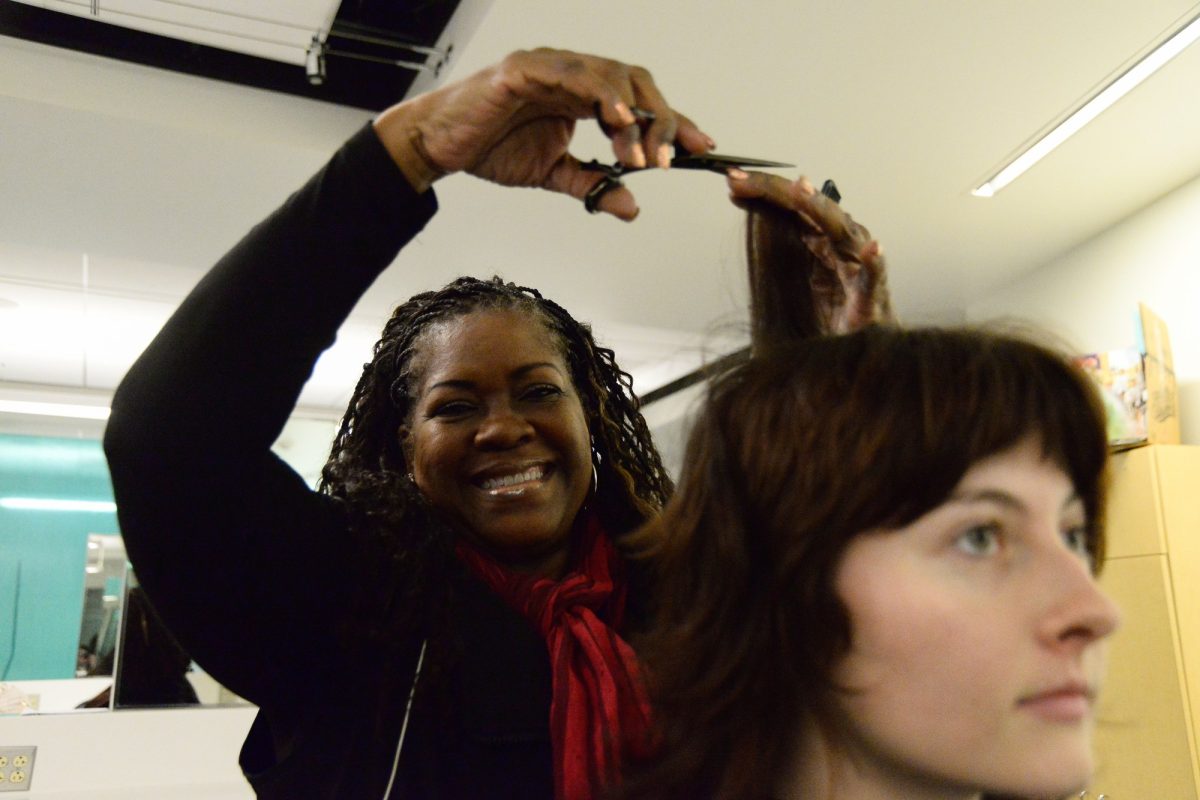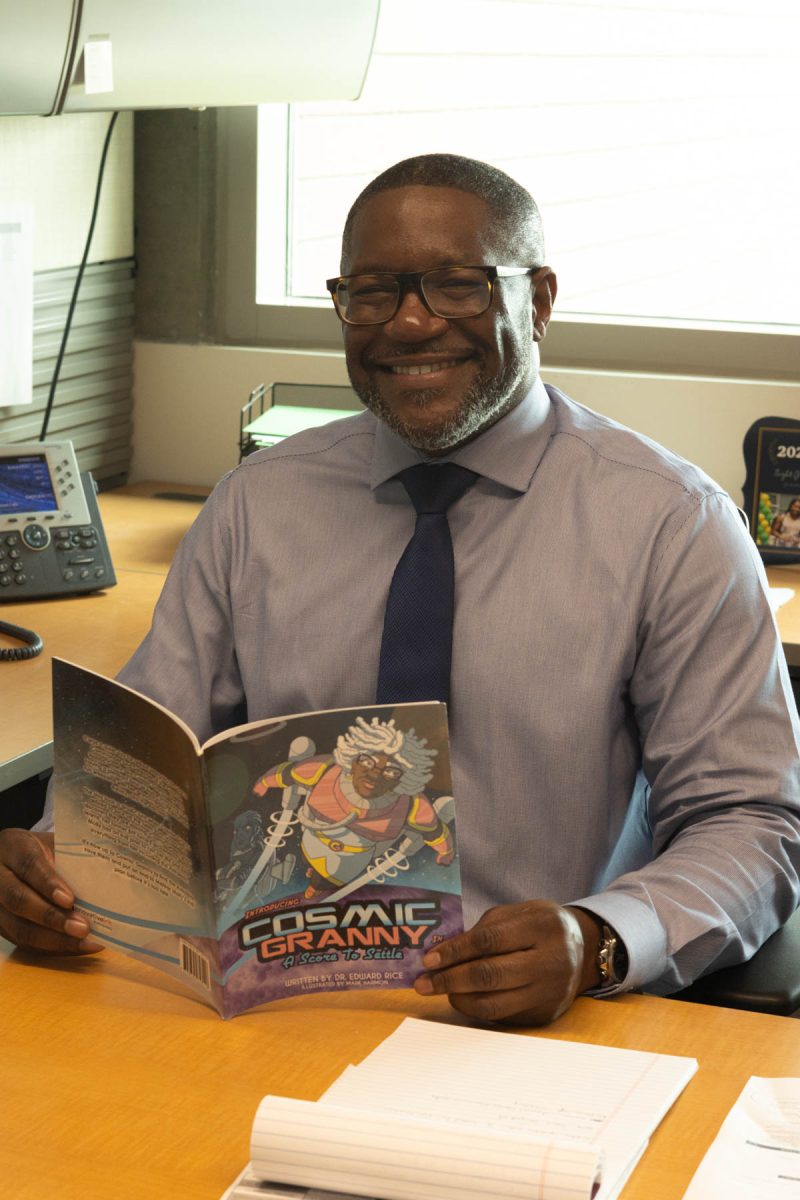Controversy swirls around underage drinking like a freshly stirred martini set out for its eager recipient, when students discuss the topic on campus.
Crystal Rhamy, 19, undecided major, thinks that police would have less trouble if the drinking age were lowered to 18.
“You are a legal adult by then. What is the problem?” Rhamy said. “(Police) could be out there trying to catch the drug addicts and not worry so much about a little bit of vodka.”
She said she believes that the drinking age needs to be lowered, even though it is already easy to get alcohol in spite of the current restrictions.
“Everybody has fake IDs. It is not hard to get one. Even if someone doesn’t have a fake ID, he just uses his older brother’s. Some places do not card you at all and at other places you can walk into a bar where you have friends who are bouncers or bartenders,” Rhamy said.
Underage drinkers also use their friends’ parents to obtain alcohol, Rhamy said.
“They’ll buy it for us if we ask them to, as long as no one drives afterward. That is the basic rule: ‘If you’re drinking under my roof, no one drives,'” she said.
Nathan Craig, fire technology major, said that at age 18 he rarely drinks alcohol.
“When my age permits it, I will probably have a beer every now and then. But I’m not planning on being an alcoholic or going overboard with it,” Craig said.
“Maybe I’ll drink when I eat pizza with friends or during the Super Bowl,” he said.
Flavor is the main reason Craig said that he would drink; but this is not true for some of his friends.
“I know underage people who drink,” he said. “They have family problems going on, plus they are young and they are drinking because they like what alcohol does to them.”
Alex Leavitt, 18, administration of justice major, appreciates the current drinking laws as they are. He said he particularly supports the 21-year-old minimum age to drink.
“People are irresponsible with alcohol, so making it legal to drink at a younger age would be foolish because of all the irresponsibility we see now,” Leavitt said.
Although not “anti-alcohol,” Leavitt only drinks alcohol when he legally has less than one ounce of it every Sunday as part of a Christian communion service.
Leavitt said he does not think that people should be allowed to drink at a younger age.
“One of the problems with alcohol is that it is, by definition, a drug, meaning that it alters your state of mind,” Leavitt said.
“Some people enjoy that state of mind and as time goes on, the body adjusts to the alcohol intake. This means that the person needs to drink more and more to get that initial buzz. This can lead to an overdose, which we all know can be deadly,” he said.








